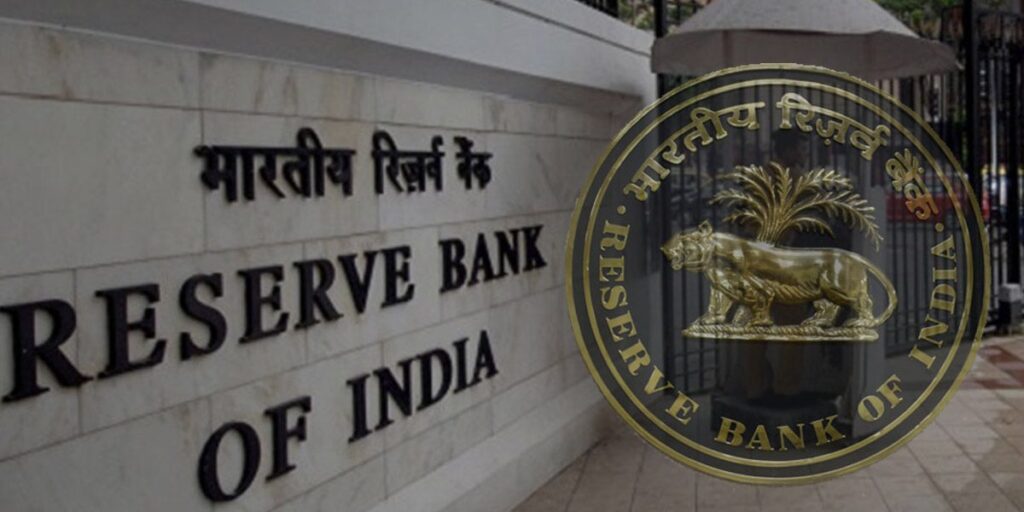Relief for Millions Paying EMIs: RBI’s New Rules to Curb Unfair Charges

Bank Accounts Inactive for 10 Years? RBI’s Latest Guidelines You Should Know
Borrowers will no longer be burdened with penal interest; RBI curbs unfair charges by banks and .NBFCs
In a major move to protect loan borrowers, the Reserve Bank of India (RBI) has implemented new EMI-related rules . These guidelines bring significant relief to millions of citizens who are repaying loans, especially those who occasionally miss their EMI deadlines.
Under the revised framework, if a borrower fails to pay their EMI on time, banks and non-banking financial companies (NBFCs) can no longer impose ‘penal interest’. Instead, they are permitted to charge only a ‘penal charge’, and that too under strict conditions.
What’s Changing?
- No penal interest: Lenders cannot levy additional interest as a penalty for EMI delays.
- Only penal charge allowed: A fixed penal charge can be imposed, but it must not be added to the principal loan amount.
- No interest on penal charges: Financial institutions cannot charge extra interest on the penal charge itself.
- Mandatory compliance: All banks and NBFCs are required to follow these new norms.
According to the RBI, these steps are aimed at eliminating unnecessary and arbitrary charges levied by lenders, providing borrowers with better clarity and protection.
Banks and NBFCs cannot include hidden clauses in loan agreements that force customers to maintain the loan for a minimum period. The guidelines aim to make the loan process more transparent and provide borrowers with more flexibility and cost savings.
This policy change is expected to ease the financial stress on borrowers, especially in cases of unavoidable delays in EMI payments. It ensures greater transparency and fairness in the lending process.
Note: Before making any decisions related to loans or banking, it is advisable to consult your respective bank or a certified financial advisor. RBI regulations are subject to periodic updates.












